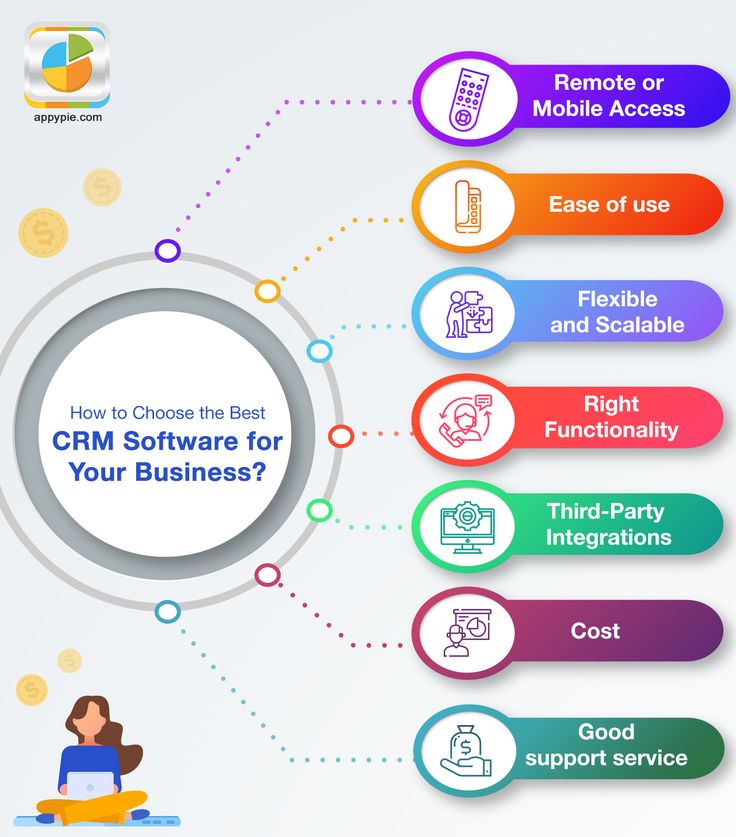
Understanding CRM Integration: Connecting Your Business Tools Seamlessly
In today’s digital age, businesses rely on a myriad of tools and applications to manage various aspects of their operations. Customer Relationship Management (CRM) systems are at the core of these operations, helping companies manage and analyze customer interactions and data. However, to maximize the efficiency and effectiveness of a CRM system, it is crucial to integrate it with other business tools seamlessly. This article explores the concept of CRM integration, its benefits, and how to successfully implement it in your organization.
What is CRM Integration?
CRM integration involves connecting your CRM system with other software applications and tools used in your business. This connection allows data to flow freely between systems, providing a unified view of customer information and streamlining business processes. CRM integration can encompass various types of software, including email platforms, marketing automation tools, e-commerce systems, accounting software, and more.
Benefits of CRM Integration
1. Enhanced Data Accuracy and Consistency
Integrating your CRM with other business tools ensures that data is automatically synchronized across platforms. This reduces the risk of data entry errors and inconsistencies, providing a single source of truth for customer information.
2. Improved Productivity and Efficiency
By automating data transfer between systems, CRM integration eliminates the need for manual data entry and reduces repetitive tasks. This allows your team to focus on more strategic activities, improving overall productivity and efficiency.
3. Comprehensive Customer Insights
When your CRM is integrated with other business tools, it consolidates data from multiple sources, providing a holistic view of customer interactions and behavior. This comprehensive insight helps businesses make informed decisions and tailor their strategies to meet customer needs.
4. Streamlined Workflows
CRM integration streamlines workflows by enabling seamless communication and collaboration between different departments. For example, sales, marketing, and customer support teams can access the same customer information, ensuring a coordinated approach to customer engagement.
5. Enhanced Customer Experience
With integrated systems, businesses can provide a more personalized and consistent customer experience. Access to comprehensive customer data allows for timely and relevant interactions, improving customer satisfaction and loyalty.
Key Integrations for CRM Systems
1. Email and Calendar Integration
Integrating your CRM with email and calendar tools like Outlook or Gmail enables automatic logging of emails and meetings, making it easier to track customer communications and schedule follow-ups.
2. Marketing Automation Integration
Connecting your CRM with marketing automation platforms like HubSpot or Mailchimp allows for seamless execution and tracking of marketing campaigns. This integration helps align marketing and sales efforts, providing a clear view of lead generation and conversion metrics.
3. E-commerce Integration
Integrating your CRM with e-commerce platforms like Shopify or WooCommerce provides valuable insights into customer purchase behavior and transaction history. This data helps businesses personalize marketing efforts and improve customer retention strategies.
4. Social Media Integration
Integrating your CRM with social media tools allows you to track customer interactions across social channels. This integration helps businesses monitor brand mentions, engage with customers, and analyze social media performance.
5. Accounting and Finance Integration
Connecting your CRM with accounting software like QuickBooks or Xero streamlines invoicing, payment processing, and financial reporting. This integration ensures accurate and up-to-date financial data, improving financial management and forecasting.
6. Customer Support Integration
Integrating your CRM with customer support tools like Zendesk or Freshdesk centralizes support tickets and customer inquiries. This integration enables support teams to access complete customer profiles, providing more efficient and effective service.
Steps to Successful CRM Integration
1. Assess Your Needs
Before integrating your CRM with other tools, assess your business needs and objectives. Identify the key systems and applications that need to be connected to streamline workflows and improve data accuracy.
2. Choose the Right CRM and Integration Tools
Select a CRM system that offers robust integration capabilities and supports the tools you use. Look for CRM platforms with open APIs and a wide range of pre-built integrations.
3. Plan Your Integration Strategy
Develop a detailed integration plan that outlines the systems to be connected, data to be synchronized, and workflows to be automated. Consider data security and privacy requirements, and ensure compliance with relevant regulations.
4. Implement and Test
Implement the integration according to your plan, and conduct thorough testing to ensure data is accurately synchronized across systems. Test the integrated workflows to identify and resolve any issues before going live.
5. Train Your Team
Provide training to your team on the integrated CRM system and new workflows. Ensure that employees understand how to use the integrated tools effectively and are aware of any changes to processes.
6. Monitor and Optimize
Continuously monitor the performance of your integrated systems and gather feedback from users. Use this feedback to make necessary adjustments and optimizations, ensuring that the integration continues to meet your business needs.
Conclusion
CRM integration is essential for businesses looking to streamline operations, improve data accuracy, and enhance customer relationships. By connecting your CRM with other business tools, you can create a unified and efficient system that provides comprehensive customer insights and supports seamless workflows. With careful planning and execution, CRM integration can transform your business, driving productivity, efficiency, and growth.